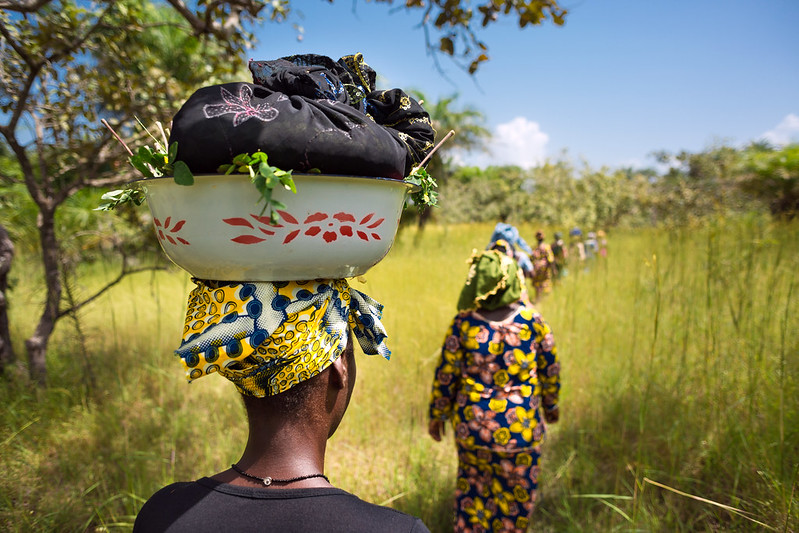Elderly Poverty in Guinea


Reasons behind Elderly Poverty
Most of the elderly population live in rural areas (65%) and have not received education (82%). As they age and become less able to perform labor, it is hard for older adults to earn income. Deterioration in body function also leads to malnutrition, diseases and illness. Formally, in a traditional family, family members and offspring cared for older people.
However, recently, Africa has been going through a change initiated by colonialism. With development and modernization, change was made toward a Western family structure of a nuclear family or young people moving to urban areas and leaving older people behind. As a result, older adults are often left vulnerable. They have little or no support they would otherwise have had in a traditional setting.
Strategy of Governance
Some solutions to combat poverty emphasize the need for stronger governance and a more effective social pension system. A study that simulated pension systems in 15 low-income sub-Saharan African countries found that considering fiscal capability and operational feasibility, a non-contributory pension program targeting poor elderly individuals was ideal. A targeted social pension was deemed more practical than a universal pension system.
A “Poverty Reduction Strategy Paper” by the Guinean government in 2013 stated that the urban-rural divide and low-income distribution to the poor contribute negatively to national poverty. While the paper does not exclusively cover the topic of elderly poverty in Guinea, it emphasizes efforts regarding policy-making, governance and economic development to combat issues of regional growth, employment and poverty.
A Pan-African Way
However, there is another way of dealing with issues, especially in regard to older people. It is to embrace the African culture and approach rather than implement Western values and modernized social structures. Pan-Africanism is a term that calls for unity within the African region and criticizes colonialism. The book “Aging in Africa” emphasizes the importance of providing support to older adults through family generations. It writes that “this is how Africa had its strength in the decades past and this should be where it draws its strength in the future.”
Conclusion
While there are nongovernmental organizations such as the World Food Program and Helen Keller International operating inside Guinea for poverty allegations, there are not many significant measures taken to deal with elderly poverty. Continuous interest and an in-depth understanding of elderly poverty in Guinea are required. A Pan-African approach, embracing and preserving the African culture of valuing older people, can be implemented to deal with poverty.
– Minji L. Kim
Minji is based in Preston, Lancashire, UK and focuses on Global Health for The Borgen Project.
Photo: Flickr
